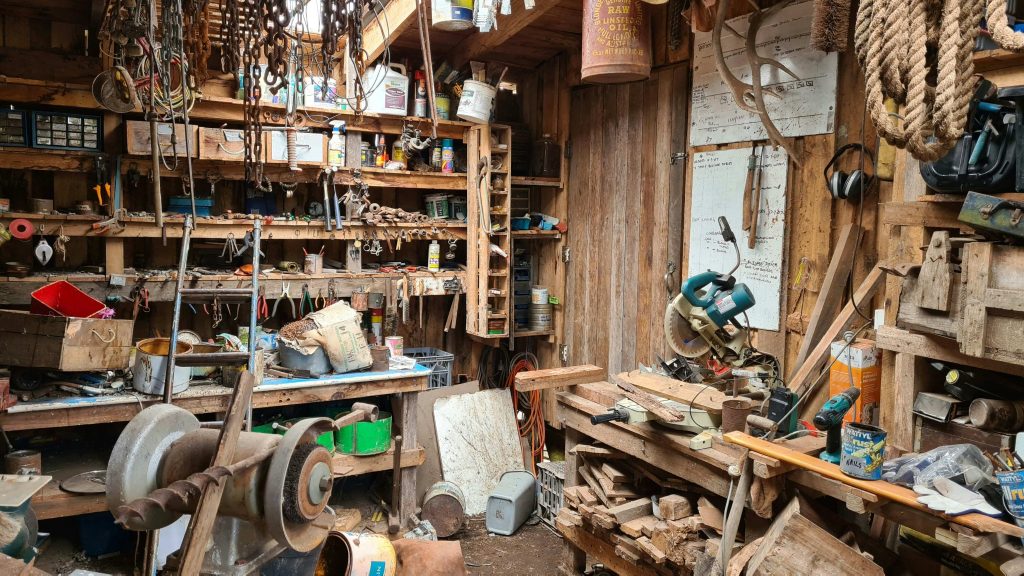The size of India’s plywood market is expected to grow at a rate of 6.34% CAGR (compounded annual growth rate) from 2023 to 2029. The industry is set to reach nearly USD 2.25 billion by 2029. With such a huge market share, can the plywood industry adopt sustainability without sacrificing its bottom line? Let’s explore.
Timber sourcing
Timber is often obtained through unsustainable logging practices. To mitigate the environmental impact, the industry has started to transition towards sustainable forestry practices, such as promoting plantation farming and agroforestry.
By cultivating fast-growing tree species and reducing reliance on natural forests, the industry can contribute to reforestation efforts and biodiversity conservation. Greenply Industries Limited can be looked at as a good example of that. It’s one of India’s largest plywood manufacturers and has always taken significant steps to promote sustainable forestry practices.

In the late 1980s, Greenply Industries established their Project Green Rise in Nagaland. They source almost 97% of their sheets from plantation timber and for this, they’re actively doing plantation activities such as planting saplings near their factory and collaborating with the locals at Nagaland’s Tizit. This not only ensures a steady supply of timber but also aids in reforestation efforts and biodiversity conservation.
Also Read: Ariel’s Share The Load Campaign: Evolution Over Years
Production processes
Traditional plywood manufacturing processes often involve the use of hazardous chemicals, posing risks to both human health and the environment. Adopting eco-friendly alternatives, such as soy-based or phenol formaldehyde adhesives, minimise these risks while reducing emissions of volatile organic compounds (VOCs).

Growing companies like Realply are also investing in advanced technology and equipment to enhance energy efficiency and reduce waste generation during production. By investing in cutting-edge technology and processes, manufacturers can optimise wood utilisation, recycle water and waste materials, and minimise environmental impact.
These advancements not only contribute to sustainability goals but also improve operational efficiency and cost-effectiveness.
Also Read: How Can Companies Bridge The Gender Gap In Indian Manufacturing?
Supply chain integrity
The robust performance of the global plywood market in 2023, with a valuation of around USD 49.78 billion, highlights its pivotal role in diverse sectors, particularly construction and furniture manufacturing. Plywood’s enduring appeal lies in its durability and cost-effectiveness, making it a preferred choice for various applications.
Maintaining transparency and accountability throughout the supply chain is essential for promoting sustainability within the plywood industry. Companies can implement systems to track the movement of raw materials and finished products throughout the supply chain which can include digital technologies like blockchain.

Ensuring compliance with relevant industry standards and certifications to demonstrate adherence to quality and sustainability practices. This may include certifications such as ISO 9001 for quality management and ISO 14001 for environmental management. Other than that, certification schemes such as the Forest Stewardship Council (FSC) or Programme for the Endorsement of Forest Certification (PEFC) help verify responsible wood sourcing and promote legality and sustainability.
Big companies can work closely with suppliers to ensure they meet ethical and environmental standards. It can involve conducting regular audits, providing training and support, and incentivizing sustainable practices.
Also Read: What Is The Future Of Esports In India?
Conclusion
As the world increasingly emphasises environmental responsibility and resource conservation, the Indian plywood sector must adapt to meet these expectations. Moreover, integrating sustainability into business models can enhance market reputation, attract environmentally conscious consumers, and open doors to new opportunities, both domestically and globally. Therefore, prioritising sustainability isn’t just an ethical imperative; it’s a strategic necessity for the Indian plywood industry to thrive in the years to come.
At Melt, we had an insightful discussion with Yatnesh Pandey, Vice President of Marketing at Greenply Industries. From unpacking the intricacies of the plywood market to exploring consumer behaviour and the evolution of Greenply’s marketing strategies, watch the full conversation to get valuable insights into the industry.